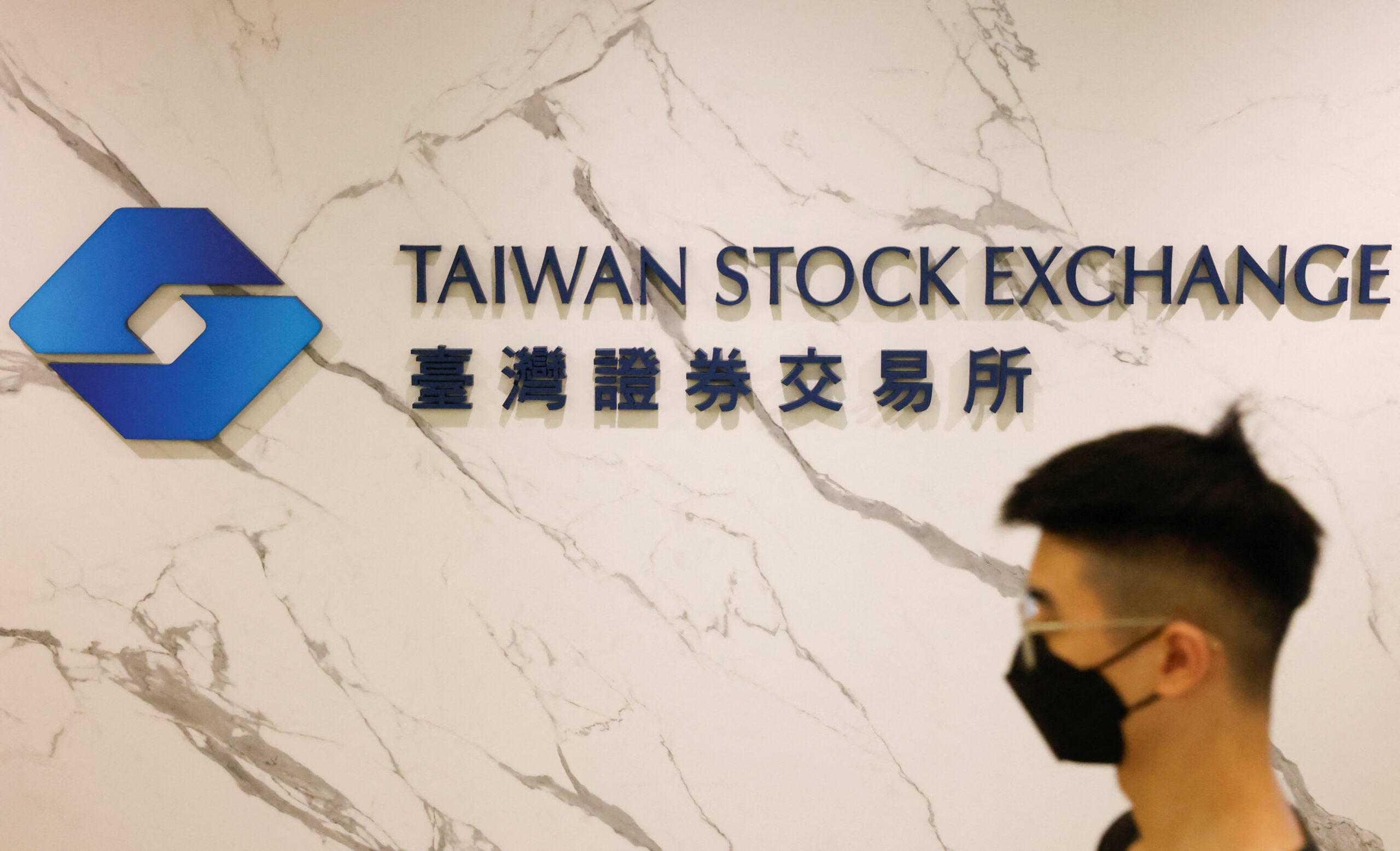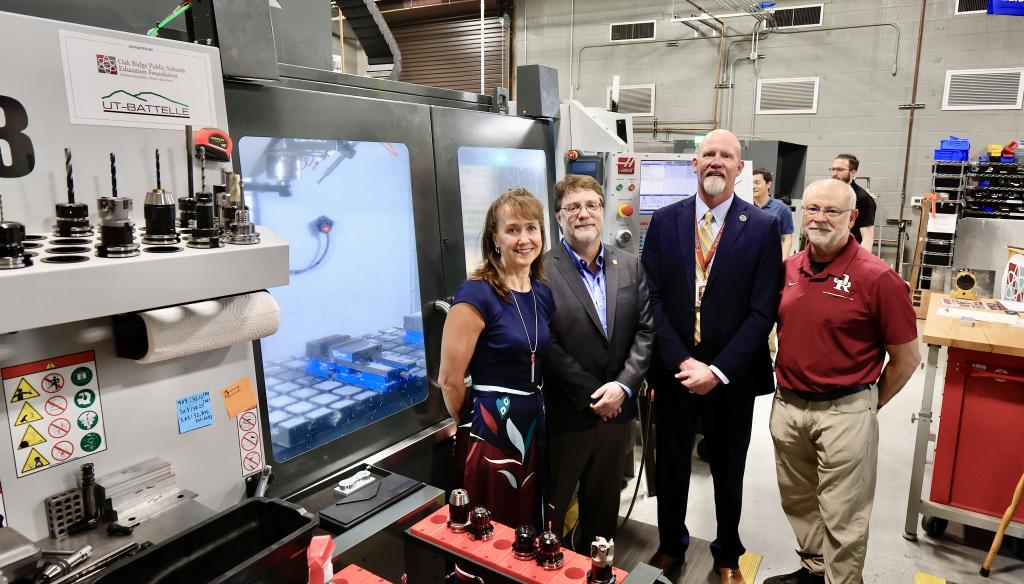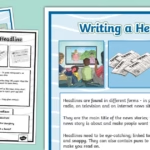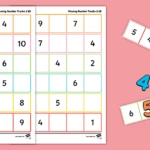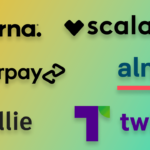Now Reading: The Truth About Being Busy at Work: Are You Productive or Just Occupied?
-
01
The Truth About Being Busy at Work: Are You Productive or Just Occupied?
The Truth About Being Busy at Work: Are You Productive or Just Occupied?

It’s a common scene in any workplace: someone rushes by, juggling a coffee and a stack of papers, sighing about how swamped they are. We often wear our busyness like a badge of honor. The idea of being busy at work has become linked with importance and dedication. But what if all that frantic activity isn’t actually moving the needle? What if we’re just caught in a cycle of “busywork” instead of doing meaningful, productive tasks?
This article will explore the complex nature of being busy. We’ll look at the difference between being busy and being productive, understand why our culture glorifies busyness, and provide practical strategies to manage your workload effectively. You’ll learn how to shift your focus from simply being occupied to achieving real results, making your time at work more valuable and less stressful.
Key Takeaways
- Busy vs. Productive: Being busy means you have a lot to do, while being productive means you’re getting important things done. The two are not the same.
- The “Busyness” Trap: Many people fall into the trap of doing low-impact tasks to feel and appear busy, which can lead to burnout and a lack of real achievement.
- Strategic Work is Key: Prioritizing tasks based on their impact and urgency helps you focus on what truly matters, boosting your productivity.
- Set Clear Boundaries: Learning to say no and protecting your focus time are crucial skills for managing your workload and avoiding overload.
- Leverage Tools: Technology and simple time management techniques can help you organize your day, track your progress, and work more efficiently.
Understanding the “Busy” Epidemic
In many modern workplaces, there’s an unspoken expectation to always be doing something. An empty calendar or a quiet moment can feel like a sign of slacking off. This pressure often leads to a phenomenon where employees fill their time with tasks, regardless of their importance. The act of being busy at work becomes the goal itself, rather than the results produced.
This culture of “performative busyness” can be damaging. It encourages multitasking, which studies show often reduces efficiency and increases errors. It also creates an environment where people are hesitant to take breaks, leading to mental fatigue and burnout. True value comes not from the hours you’re seen working, but from the quality and impact of your output. Shifting this mindset is the first step toward a healthier and more effective work life.
The Psychological Need to Appear Busy
Why do we feel this constant pressure? A lot of it is psychological. In a competitive environment, being busy can feel like job security. We think, “If my boss sees how much I’m juggling, they’ll know I’m a valuable employee.” This is often a misconception. Good leaders are more interested in outcomes than activity.
Furthermore, a packed schedule can give us a sense of purpose and self-worth. When we check off a long list of small to-dos, we get a dopamine hit that makes us feel accomplished, even if those tasks didn’t contribute to larger goals. Recognizing this psychological pull is key to breaking free from the cycle of unproductive being busy at work.
Distinguishing Busy from Productive
So, what’s the real difference? Imagine two employees. One spends their day answering every email immediately, attending every meeting they’re invited to, and organizing their files multiple times. They are certainly being busy at work. The second employee identifies the three most critical tasks for the week, blocks out time to focus on them, declines meetings that aren’t relevant to their goals, and lets minor emails wait. This person might appear less frantic, but they are likely far more productive.
Productivity is about effectiveness, not effort. It’s about directing your energy toward tasks that align with your team’s and company’s objectives. A productive person works smarter, not just harder.
The Negative Consequences of “Busywork”
Constantly engaging in low-value tasks to appear busy has significant downsides that affect both individuals and the organizations they work for. It creates a facade of progress while true innovation and growth stagnate.
Increased Stress and Burnout
When your entire day is packed with activities, your brain never gets a chance to rest and recharge. This constant state of “on” is a direct path to burnout. Symptoms include emotional exhaustion, cynicism about your job, and a feeling of reduced personal accomplishment. The pressure of constantly being busy at work can make you feel like you’re running on a treadmill—you’re expending a lot of energy but not actually going anywhere. This can have serious impacts on your mental and physical health over time.
Reduced Quality of Work
When you’re rushing from one task to the next, you don’t have the mental space to think deeply or creatively. Your work becomes superficial. You might meet deadlines, but the output is likely to be average at best. High-quality work requires focus and deliberation, two things that are impossible to achieve when you’re just trying to get through a massive to-do list. This ultimately affects your professional reputation and the company’s bottom line.
Stifled Innovation and Growth
Innovation happens when people have time to think, experiment, and collaborate on big ideas. A culture that rewards being busy at work leaves no room for this. Employees become so focused on clearing their immediate workload that they can’t see the bigger picture. They don’t have the bandwidth to ask, “Is there a better way to do this?” or “What new opportunities could we explore?” This keeps the organization stuck in old patterns, unable to adapt and evolve.
Strategies to Shift from Busy to Productive
Breaking the habit of being busy for the sake of it requires conscious effort and a new set of strategies. Here’s how you can start working smarter.
Prioritize with a Purpose: The Eisenhower Matrix
Not all tasks are created equal. The Eisenhower Matrix is a simple tool for categorizing your tasks based on their urgency and importance.
- Urgent & Important (Do): Crises, pressing deadlines. Do these tasks immediately.
- Important & Not Urgent (Schedule): Strategic planning, relationship building, new opportunities. Schedule time for these to ensure they get done.
- Urgent & Not Important (Delegate): Some meetings, certain emails, interruptions. Delegate these tasks if possible.
- Not Urgent & Not Important (Delete): Time-wasting activities, trivial tasks. Eliminate these from your workload.
Using this framework helps you cut through the noise and focus on what truly drives results, moving you away from simply being busy at work.
Embrace the Power of “No”
One of the biggest drivers of unproductive busyness is the inability to say no. We take on extra projects, attend optional meetings, and help colleagues with their work because we want to be seen as helpful and collaborative. However, every “yes” is a “no” to something else—often your own high-priority tasks.
Learning to politely decline requests that don’t align with your goals is a superpower. You can say something like, “Thank you for thinking of me, but I don’t have the capacity to take that on right now if I’m to meet my current deadlines.” Setting boundaries protects your most valuable asset: your time.
Time Blocking and Deep Work
Time blocking is a method where you schedule your entire day in advance, dedicating specific blocks of time to specific tasks. This includes scheduling “deep work” sessions—periods of distraction-free focus on your most cognitively demanding tasks.
During a deep work block, turn off notifications, close unnecessary tabs, and let your team know you’re unavailable. This practice prevents multitasking and allows you to achieve a state of flow, where you’re fully immersed and highly productive. Just one or two hours of deep work can be more valuable than a full day of distracted, busy work.
The Role of Leadership in Fostering Productivity
Individual efforts can only go so far. A company’s leadership plays a massive role in shaping the culture around work.
Focusing on Outcomes, Not Hours
Managers should set clear expectations based on results, not on the time spent at a desk. When performance reviews and recognition are tied to meaningful achievements, employees are incentivized to work more efficiently. Leaders can champion this by asking, “What was the impact of your work?” instead of, “How many hours did you put in this week?” This simple shift can redefine what it means to be a “hard worker.”
Encouraging Strategic Breaks
Leaders should model and encourage taking regular breaks. Stepping away from your desk for a few minutes, taking a full lunch break, and using your vacation time are all essential for long-term productivity and well-being. A well-rested employee is a more focused and creative employee. Organizations that promote a healthy work-life balance often see higher engagement and lower turnover. As noted in publications like those on https://forbesplanet.co.uk/, sustainable success is built on employee well-being, not burnout.
Providing the Right Tools and Resources
Efficiency often comes down to having the right tools. Leaders should ensure their teams have access to software and resources that automate repetitive tasks, improve collaboration, and streamline workflows. By investing in technology that reduces the burden of administrative “busywork,” companies free up their employees to focus on the high-impact, strategic thinking that drives the business forward.
Comparison: Busy vs. Productive Workday
|
Characteristic |
A “Busy” Day |
A “Productive” Day |
|---|---|---|
|
Focus |
On completing many tasks |
On completing high-impact tasks |
|
Priorities |
Reactive, driven by urgency |
Proactive, driven by importance |
|
Schedule |
Packed and chaotic |
Structured with focus blocks |
|
Feeling |
Stressed, overwhelmed, rushed |
In control, accomplished, focused |
|
Outcome |
Long to-do list, little progress on big goals |
Significant progress on key projects |
|
Mindset |
“I need to do more” |
“I need to do what matters” |
Conclusion: Reclaiming Your Time and Energy

The glorification of being busy at work is a trap that harms our health, happiness, and professional growth. True success lies not in how many hours we work or how packed our schedules are, but in the value we create.
By consciously distinguishing between being busy and being productive, you can start to reclaim your time and energy. Implement strategies like the Eisenhower Matrix, learn to set boundaries, and embrace deep work. Focus on outcomes, not activity. This shift won’t just make you a more effective employee—it will lead to a more fulfilling and sustainable career. The goal isn’t to do more, but to do more of what matters.
Frequently Asked Questions (FAQ)
Q1: How can I tell if I’m just being busy or actually being productive?
A: At the end of the day, ask yourself: “Did the tasks I completed today move me closer to my most important goals?” If the answer is no, you were likely just busy. Productive days are marked by tangible progress on significant projects or objectives.
Q2: My boss seems to value employees who are always busy. How can I manage this?
A: Start by communicating your progress in terms of results. Instead of saying, “I had a very busy day,” say, “Today I finalized the project proposal for Client X, which is now ready for review.” Over time, this helps shift your boss’s focus from your activity level to your achievements.
Q3: Is multitasking always bad for productivity?
A: While multitasking on complex tasks is highly inefficient, it’s not always bad. You can effectively multitask simple, low-concentration activities, like listening to a relevant podcast while doing routine data entry. The key is to reserve your full focus for tasks that require deep thought and creativity.
Q4: What’s the first step I can take to become less “busy” starting tomorrow?
A: At the beginning of your day, identify your top three most important tasks—the ones that will have the biggest impact. Make it your primary goal to complete those three things. Even if you do nothing else, your day will have been productive. This simple habit can transform your approach to being busy at work.


